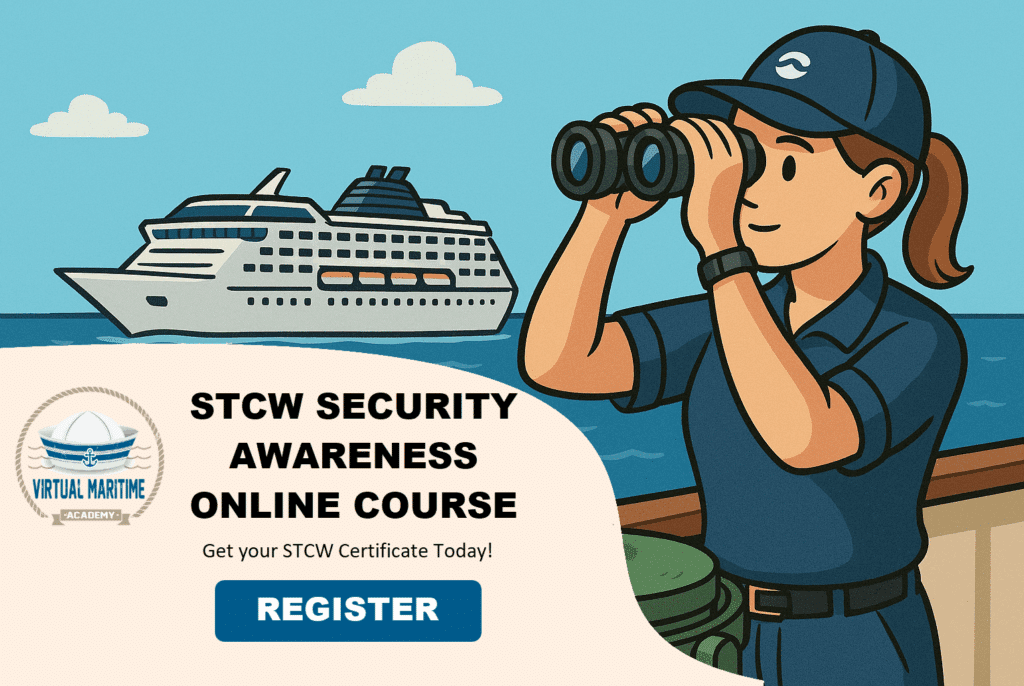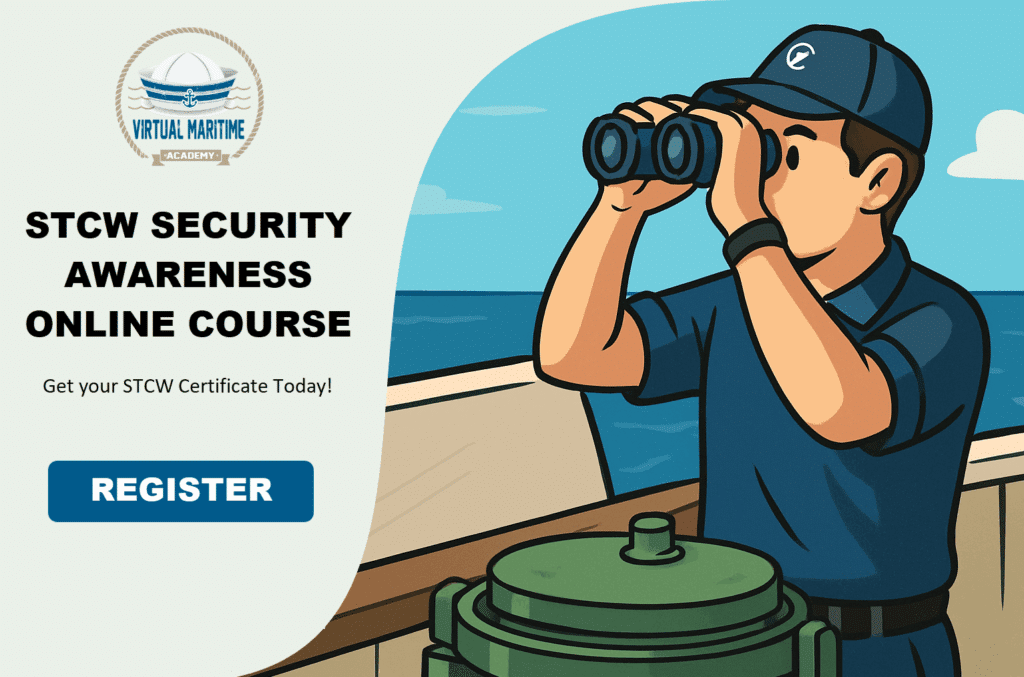In an ever-evolving global shipping landscape, the Company Security Officer (CSO) Certification has emerged as a crucial credential for professionals dedicated to maintaining maritime security standards. This certification is not just a requirement but a vital asset that empowers individuals and organizations to effectively navigate the complexities of maritime security threats. As global maritime trade continues to expand, ensuring robust security measures becomes paramount. This article delves into the CSO Certification, its significance in upholding maritime security standards, the core responsibilities of a Company Security Officer, and the necessary steps to obtaining this important qualification.
Learn more about our Courses here!
Key Takeaways
- The CSO Certification is essential for maritime professionals to ensure compliance with global security standards.
- Understanding and implementing maritime security standards is crucial for protecting ships and ports from threats.
- Company Security Officers are responsible for assessing risks and developing effective security plans.
- Obtaining CSO Certification involves a series of training and examination processes to validate security expertise.
- The role of a CSO is integral to maintaining safe maritime operations and fostering a culture of security awareness.
Introduction to CSO Certification
In today’s dynamic maritime industry, ensuring security and compliance has never been more essential, making the Company Security Officer (CSO) Certification a critical credential for professionals in the field. The CSO certification is not just a badge of honor; it signifies a comprehensive understanding of the global maritime security standards outlined by the International Maritime Organization (IMO). This certification equips candidates with the necessary skills to develop, implement, and manage security plans that protect ships and port facilities from potential threats. By obtaining this certification, individuals demonstrate their commitment to maintaining security protocols and compliance with international regulations, ultimately contributing to safer maritime operations. Whether you are looking to enhance your career in maritime security or ensure your company’s compliance with global standards, the CSO certification is an invaluable asset.
Importance of Maritime Security Standards
In the fast-evolving landscape of maritime operations, the Company Security Officer (CSO) Certification plays a pivotal role in ensuring compliance with global maritime security standards. This certification not only enhances the capabilities of a CSO but also significantly contributes to the overall safety and security of maritime enterprises. Implementing robust security measures is crucial as shipping routes become increasingly vulnerable to various threats, ranging from piracy to terrorism. As such, having certified personnel adept in risk assessment, crisis management, and security planning is imperative for any organization seeking to thrive in today’s complex maritime environment. The CSO Certification equips individuals with the knowledge and tools necessary to navigate these challenges effectively, thereby reinforcing the importance of adhering to international guidelines and fostering a culture of security awareness within the maritime industry.
‘In the face of danger, the security officer must remain vigilant and prepared, for their role is not just to protect assets, but to safeguard lives.’ – Unknown
Learn more about our Courses here!
Key Responsibilities of a Company Security Officer
A Company Security Officer (CSO) plays a crucial role in safeguarding the assets, personnel, and operations of an organization, particularly within the maritime sector where global security standards are paramount. Among the key responsibilities of a CSO is the development and implementation of a comprehensive security plan that aligns with international guidelines. This includes conducting thorough risk assessments to identify potential vulnerabilities and establishing protocols to mitigate these risks. Furthermore, a CSO must ensure compliance with the International Ship and Port Facility Security (ISPS) Code, which mandates enhanced security measures for shipping and port facilities. Effective communication is also a vital part of a CSO’s duties; they must regularly engage with various stakeholders, including government agencies and navigation authorities, to maintain compliance with evolving regulations. Additionally, obtaining a Company Security Officer (CSO) Certification is highly recommended as it not only showcases the officer’s competency in maritime security but also demonstrates a commitment to meeting global maritime security standards, thus enhancing the organization’s reputation and operational efficiency.
Steps to Obtain CSO Certification
Obtaining a Company Security Officer (CSO) Certification is crucial for professionals aiming to meet the global maritime security standards set forth by the International Maritime Organization (IMO). The first step is to ensure you have the relevant background in security management or maritime operations, as this will provide a foundation for understanding the diverse security challenges faced in the maritime industry. Next, you should enroll in a recognized training program, such as the Virtual Maritime Academy DNV Certified CSO Online course, that covers essential topics such as risk assessment, security measures, and the ISPS Code. After successfully completing the training, you will need to pass a certification exam that assesses your knowledge and skills related to maritime security. It’s also beneficial to stay updated with ongoing professional development courses, as this will help you remain compliant with industry standards and best practices. Finally, upon passing the exam, you can apply for official certification, enabling you to enhance your career prospects and contribute effectively to maritime security.
À Propos de Nous
Académie Maritime Virtuelle (VMA) is a leading provider of online maritime education and training, offering a wide range of courses designed to meet the needs of the global maritime industry. With a commitment to quality and innovation, Virtual Maritime Academy is dedicated to preparing seafarers and maritime professionals for success in their careers. Now a DNV Certified Maritime Training Provider, the academy upholds the highest standards of excellence in training and education.












